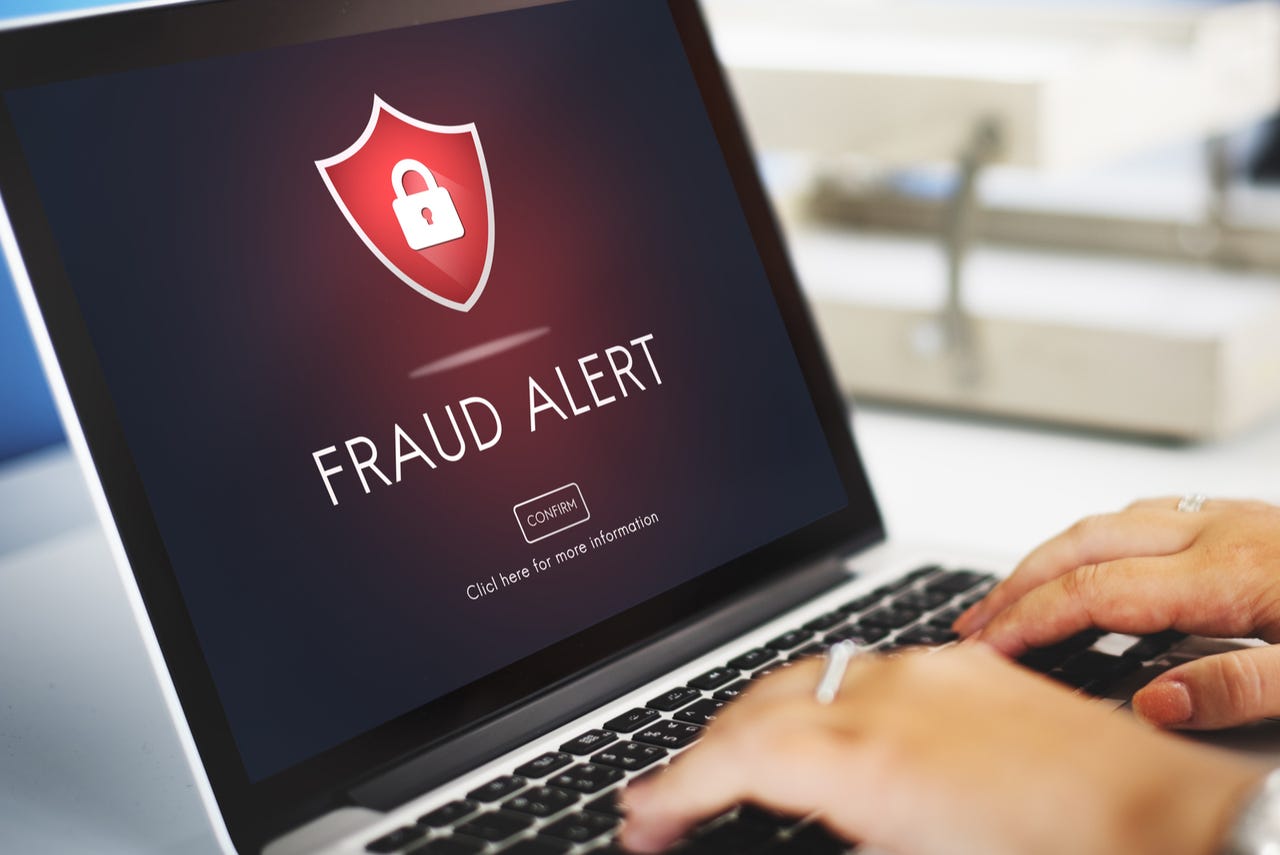Fraud protection efforts target fake corporate identities online and offline


According to the Federal Trade Commission, U.S. consumers reported losing more than $5.8 billion to fraud in 2021, an increase of 70% from the previous year. As anyone who's gotten a fraud alert from their credit card company knows, tech has long played a role in stopping fraudulent transactions. Now, though, machine learning is helping retailers and carriers offer consumers more confidence that the products and services being offered to them are legitimate.
A jungle out there
In the first place, many consumers go to find products; Amazon has a central role to play in keeping the purchase process as safe and reliable as possible. And as with so much about the company, it does so on a staggering scale. According to a brand protection report released in June, the company notes it has over 12,000 people working on brand protection efforts. That includes a dedicated Counterfeit Crimes Unit that investigates suspected fraudsters, shuts down their accounts, and even helps in efforts to prosecute perpetrators. Amazon scans more than eight billion attempted changes to product pages each day and blocked more than four billion attempts to create fake seller accounts last year.
In addition to working with owners of big brands such as Procter & Gamble, GoPro, Yeti and Whirlpool to pursue counterfeiters, the company operates an IP accelerator to help small businesses connect with legal help to protect their intellectual property. And if it finds that a customer has purchased a counterfeit product on its website that slipped through, Amazon will proactively contact the customer and refund the purchase price regardless of which merchant sold it and without requiring any further action by the customer.
When company calls
Scam calls have become such a scourge that many consumers now don't answer their phones unless they recognize the caller. A few months into the pandemic, T-Mobile rolled out Scam Shield, a set of services to help protect callers from potential fraud. However, consumers' wariness has also gotten in the way of companies contacting consumers with updates on topics they care about, such as, for example, an appointment or reservation opening. Now, the company that powers Scam Shield, First Orion, is taking steps to not only offer consumers more confidence that a company calling them is what it purports to be.
First Orion's Inform services allow companies to replace the standard numeric Caller ID message with up to 32 characters that can include the company's verified name and even the reason it's calling. So if, for example, your preferred hotel chain calls you about a reservation update, you might be more inclined to answer the call than if it's reaching out to promote a timeshare program. While the branding extends into a consumer's call log, inform can't offer the same level of verification for texts, a means of fraud initiation for which the company says it's seeing high demand for a solution.
First Orion's other branded communications program, Engage, allows companies to have even more branding, including their logos, on the call screen. Inform can work with any smartphone that connects with a carrier partner, Engage, on the other hand, requires that consumers have the partner company's app installed on their smartphone but can work regardless of carrier.